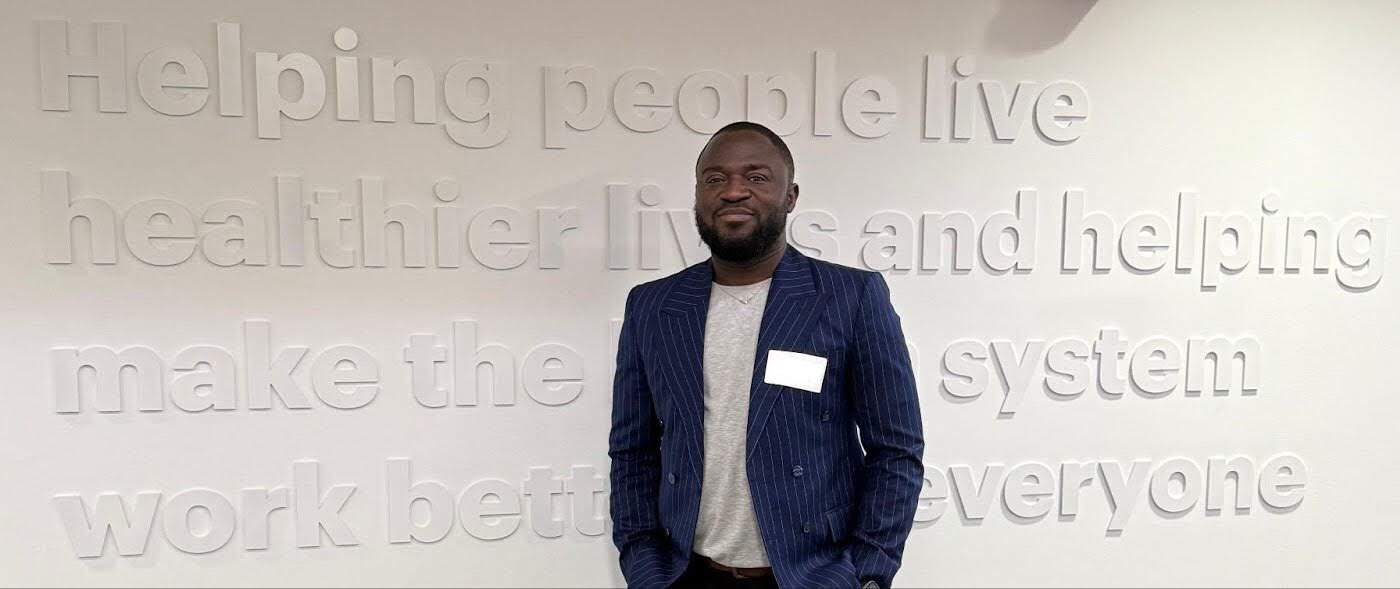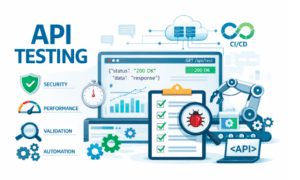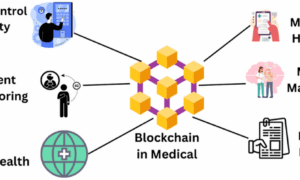Image: Abdulraheem Olaide Babarinde | LinkedIn
Abdulraheem Olaide Babarinde is a physician and healthcare strategist with deep expertise in clinical medicine, health policy, and digital health innovation. More than a clinician, he is a strategist and technologist whose career moves fluidly between the exam room, the boardroom, and the world of health innovation. From strengthening provider networks in Nigeria to advancing Medicare Advantage programs in the United States, his work reflects a rare ability to pair medical expertise with data-driven strategy.
He is centered on building scalable and compliant systems. He is shaping healthcare models that deliver measurable improvements. His work ranges from optimizing complex insurance frameworks to creating accessible digital records for clinics in resource-limited settings across West Africa.
Medical and Strategic Foundations
Babarinde’s story began in the crowded outpatient clinics and surgical wards of Nigeria. There, he witnessed how systemic inefficiencies such as long wait times, inconsistent treatment protocols, and limited resources could directly impact patient outcomes. These early experiences did more than shape his medical career; they instilled in him a passion for systemic reform.
After earning his MBBS from the University of Lagos, he transitioned from the bedside to strategy, joining Reliance HMO. As a physician-turned-strategist, he led a provider relations team whose work contributed to the company’s $40 million Series B fundraise. More importantly, he designed and implemented standard operating procedures for high-priority cases like gunshot injuries and protocols to reduce patient wait times.
These improvements not only optimized care delivery but also demonstrated his ability to bridge clinical insight with operational excellence.
Reliance HMO and Measurable Outcomes

Image: Reliance Health Meeting Room | Google User Content
At Reliance HMO, Babarinde’s impact was not theoretical; it was concrete and measurable. By standardizing provider management and establishing data-driven quality measures, he also helped build one of Nigeria’s largest and most reliable networks of healthcare providers.
His leadership demonstrated not only his capacity to align diverse stakeholders but also his conviction that stronger processes and clear guidelines lead to consistently better patient outcomes.
Expanding Technical Expertise
Recognizing the growing importance of technology in healthcare, Babarinde pursued advanced education at Brandeis University, where he earned a Master’s degree in Global Health Policy and Management with a focus on health econometrics and analytics. This was more than an academic milestone; it signaled his evolution into a physician fluent in the languages of coding, data, and compliance.
Today, his technical expertise includes proficiency in Python, R, SQL, SAS, and Tableau, skills he applies to health econometrics and data visualization. He is equally adept at EMR architecture, HL7/FHIR integration, and MVP planning. His ability to merge deep clinical knowledge with technical fluency sets him apart as a rare hybrid leader in healthcare.
Recognition and Thought Leadership
Babarinde’s contributions have been recognized at multiple levels. At UnitedHealth Group (UHG), a Fortune 5 company and a global leader in healthcare, he received the prestigious Bravo! Award for performance and collaboration. This honor is a testament to his impact within a nationwide organization that delivers care to millions across the United States and plays a pivotal role in shaping healthcare worldwide.
His thought leadership extends to co-authored peer-reviewed publications on AI in healthcare, pharmacogenomics, and the role of data analytics in public health, each highlighting his commitment to precision, efficiency, and equity in medicine. In addition, he holds a Certified Risk Adjustment Coding (CRC) credential, reinforcing his expertise in HCC coding, compliance, and navigating the complex regulatory frameworks that govern healthcare delivery in the U.S. and beyond.
Leadership at Optum

Image: Team of Health Workers | Freepik
Babarinde serves as a Senior Network Program Specialist at Optum, where he leads quality improvement efforts for Medicare Advantage populations. His responsibilities include chart reviews, coding assessments, and provider engagement across multiple payer networks. By combining data-driven analytics with clinical expertise, he advances initiatives that raise care standards and improve outcomes for vulnerable patient groups.
In this role, he shows how strategic use of analytics and coding compliance can shape not only reimbursement models but also the overall quality of care. His leadership at Optum places him at the forefront of data-enabled healthcare innovation.
Entrepreneurial Vision
Beyond his corporate roles, Babarinde is also an entrepreneur with a vision for underserved regions. He is developing a compliant, mobile-first electronic medical record (EMR) platform tailored for low-resource environments. Unlike many existing systems, his design considers the realities of low-bandwidth environments, ensuring that healthcare facilities with limited infrastructure can still benefit from digital record-keeping and data integration.
This initiative reflects his broader belief in health equity. By making advanced yet accessible systems available in emerging markets, he hopes to bridge the global gap in healthcare access and quality.
Challenges and Growth
Even with significant achievements, Babarinde’s journey has been shaped by challenges that demanded resilience and innovation. Navigating infrastructure gaps and budget constraints in Nigeria’s healthcare system sharpened his resourcefulness and ability to find practical solutions under pressure.
Building scalable and compliant EMR modules for low-bandwidth environments pushed him to innovate with simplicity and precision, ensuring usability in facilities with limited resources. Aligning diverse teams around complex technical and legal priorities has tested his leadership, while stakeholder management became critical as he helped establish one of Nigeria’s largest networks of healthcare providers and facilities.
These experiences strengthened his capacity to balance competing demands and reinforced his guiding principles of integrity, impact, and innovation.
Closing Reflection
What defines Abdulraheem Olaide Babarinde is not just his résumé but his philosophy. Inspired by thinkers like Atul Gawande and texts such as The Innovator’s Prescription, he sees healthcare as both a science and a system: one that must be equitable, data-informed, and human-centered.
A favorite quote of his, from statistician W. Edwards Deming, encapsulates his outlook: “In God we trust. All others must bring data.” It is this conviction that fuels his work at Optum, his entrepreneurial ventures, and his long-term ambition to deepen his technical expertise through focused and targeted knowledge acquisition.
In the intersection of clinical medicine, regulatory fluency, and technical architecture, Babarinde has carved out a distinctive space as a leader shaping the future of global healthcare.



































